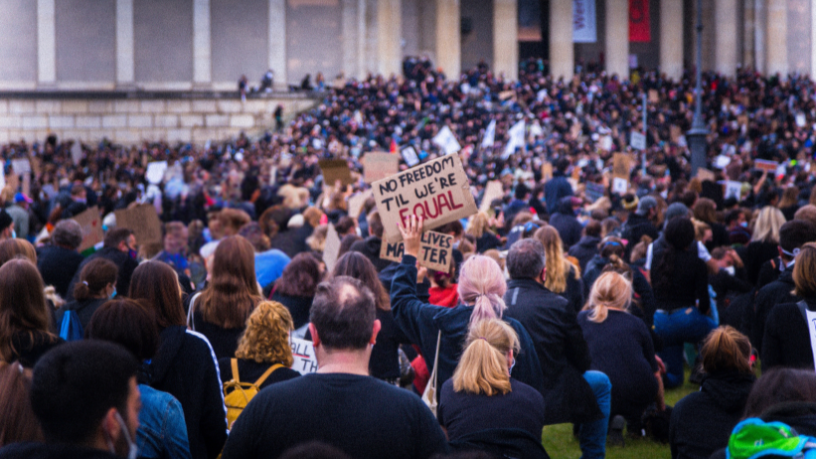The Conflict in Gaza has seen another significant development with the interception of an aid ship by Israeli forces. The vessel, which was destined for Gaza, docked at the Israeli port of Ashdod on Monday night, according to official reports. Israeli commandos intercepted the ship, organized by the Freedom Flotilla Coalition, off the coast of Egypt overnight. This action has generated widespread international reaction and reignited debates about the humanitarian crisis in the region.
Among the passengers detained on the ship were prominent figures in global activism. Swedish climate activist Greta Thunberg and Rima Hassan, a French Member of the European Parliament, were on board the humanitarian aid vessel. The presence of such well-known personalities amplifies the visibility of the incident and draws further attention to the dire situation in Gaza. The Conflict in Gaza continues to attract scrutiny from world leaders and activists alike.
The Israeli Ministry of Foreign Affairs issued a statement shortly after the arrival of the British-flagged Madleen at the port. The statement asserted that the passengers were undergoing medical examinations to ensure their good health. This standard procedure aims to ensure the well-being of those detained, though the interception of an aid ship raises questions about the legality and implications of such an action. The Conflict in Gaza invariably sparks discussions on international law and human rights.
Security camera footage released on June 9 showed the exact moment of the interception. The video depicts Israeli forces boarding the Freedom Flotilla Coalition ship, which was attempting to break the naval blockade on Gaza. The Freedom Flotilla Coalition is known for its previous attempts to deliver aid to the region by sea, challenging existing restrictions. The visual evidence of the incident may further influence public opinion regarding the Conflict in Gaza.
The situation in Gaza remains critical, with continuous reports of a severe food crisis and a dire shortage of essential supplies for the population. Humanitarian organizations and the international community have repeatedly appealed for the facilitated entry of aid into the Strip. The interception of yet another aid ship intensifies concerns about the living conditions of civilians in the region. The Conflict in Gaza has a devastating impact on the lives of millions.
This incident occurs at a time of heightened tensions in the region. Negotiations for a potential ceasefire agreement between Israel and Hamas are ongoing but face significant obstacles. The issue of the remaining hostages in Gaza and the proposal for a lasting peace plan are central points in these discussions. The interception of the aid ship could further complicate diplomatic efforts to resolve the Conflict in Gaza.
The response from Hamas and other groups involved in the Conflict in Gaza to this type of action is always a factor to consider. Actions such as the interception of aid ships can be interpreted as a hardening of positions and may provoke reactions that could escalate the situation even further. The international community is closely monitoring every development, hoping for a peaceful resolution.
The aid ship incident serves as a stark reminder of the complexity and sensitivity surrounding the Conflict in Gaza. The humanitarian issue is intrinsically linked to the political and security dynamics in the region. It is imperative that all parties involved seek solutions that guarantee the safety of all civilians and allow the unhindered flow of aid to those who need it most.
Author: Vania Quimmer





